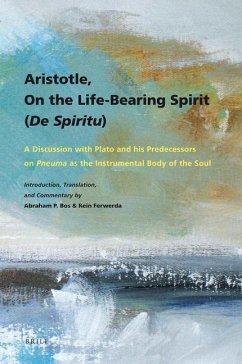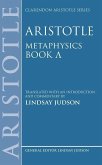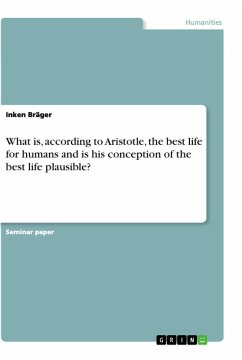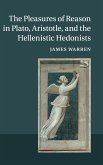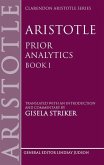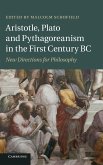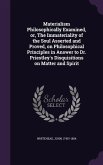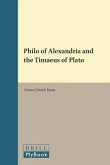In contrast to what is often thought, the work "De spiritu" is entirely Aristotelian. It provides an indispensable part of Aristotlea (TM)s philosophy of living nature. In this work he is the first Greek to argue that the most fundamental vital principle is not breath but vital heat. This vital heat forms a unity with the soul, as its instrumental body ("sAma organikon"). The treatise is mainly a debate with Plato's "Timaeus." This new book consists of an Introduction, a Translation, and an extensive Commentary on the text of "De spiritu." The main value of this book is to show convincingly that Aristotlea (TM)s theory of soul and biology have been misconstrued since 200 AD due to the intervention of Alexander of Aphrodisias.
Hinweis: Dieser Artikel kann nur an eine deutsche Lieferadresse ausgeliefert werden.
Hinweis: Dieser Artikel kann nur an eine deutsche Lieferadresse ausgeliefert werden.

